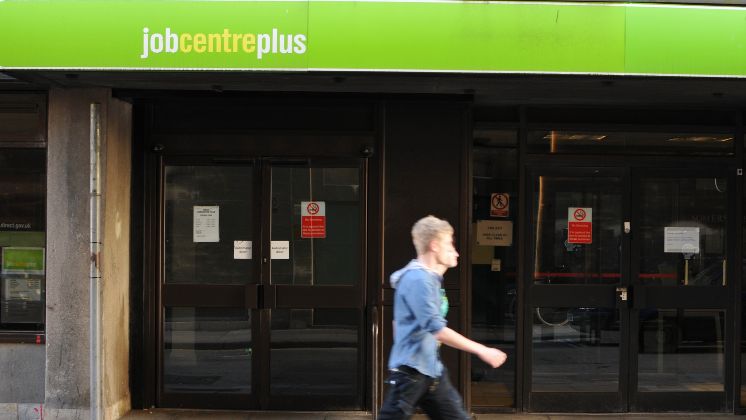 Recent failures of British democracy lead voters to feel that being ignored by Government is the most likely consequence of casting a vote and participating in democracy, writes Mary Evans.
Recent failures of British democracy lead voters to feel that being ignored by Government is the most likely consequence of casting a vote and participating in democracy, writes Mary Evans.
Many voters are perhaps wondering if they have developed acute memory loss: did we really vote for the potentially damaging re-organisation of the NHS or government spending cuts that so radically enforce social inequality? How did our participation in representative democracy bring about policies that the majority of voters might have had (and still have) some reservations about?
In these times of increasingly stark differences between austerity and affluence it is perhaps useful to ask questions about both the power that is invested at elections, and the power that is then removed. These curious events, in which voters become disenfranchised at the very moment that the votes are counted, would seem to have become a feature of British politics: from the Iraq war to the most local dispute about planning laws, the rhetoric about ‘listening’ and ‘consultation’ means nothing.
In addition, governments that have a patchy record of integrating expert opinion into their political actions and choices are also those that appear to devote so much energy to public statements, most noticeably about ‘skills’ and ‘knowledge economies’. This double disenfranchisement would suggest that at all levels of collective political and civic participation, from turning up to vote to producing a report that spells out a contradiction to a proposal of a new government policy, for example, the incarceration of a majority of prisoners, being ignored is the most likely consequence.
We might wonder who is it that guards the guards and traditionally ask ‘Quis custodiet ipsos custodies?’ We might now add the question ‘who will represent the unrepresented?’ Who will represent (and, who does represent, in current British politics) those on whom cuts to benefit payments will impose most sharply, those professional groups so often subject to government demonization, those local and national communities critical of projects for ‘growth’?
It is true that in all these cases there are groups who will speak forcefully but the more important question is that of who will take the political step of joining up some of the dots between these various aspects of contemporary British politics. It is surely not enough for the Labour Party to concede the Thatcherite naturalisation of the market economy without any recognition of the implications of that concession. Given that the word ‘capitalism’ has been spoken aloud and in public it is extraordinary that the connections that the word makes possible still seem to remain a matter of secrecy.
Thus the real connections of the social world, between wealth and poverty, between low wages and vast rewards, between the essential provision for the many that the state provides and the fantasy world of the apparently magically funded ‘big society’ are somehow allowed to disappear or re-appear as questions about personal capacity and commitment. We know (and have known ever since educational achievement was first measured) that children from homes with few material resources perform less well in education than children from more prosperous homes and yet we still allow ourselves to be beguiled by stories about the failure of state schools rather than the failure of the political will of the state to confront ancient information about the consequences of inequality.
What is disconcerting about current politics is thus the absence of two kinds of connections: that between the social ‘issues’ that confront us and the political economy within which those ‘issues’ occur and the connection between what we know and how we use that knowledge. In both absent connections we, the electorate, are not represented: the fatuous assertion that ‘we are all in this together’ ignores both the reality of many people’s lives and our capacity to recognise, and to record, the differences between us.
Please read our comments policy before posting.








1 Comments